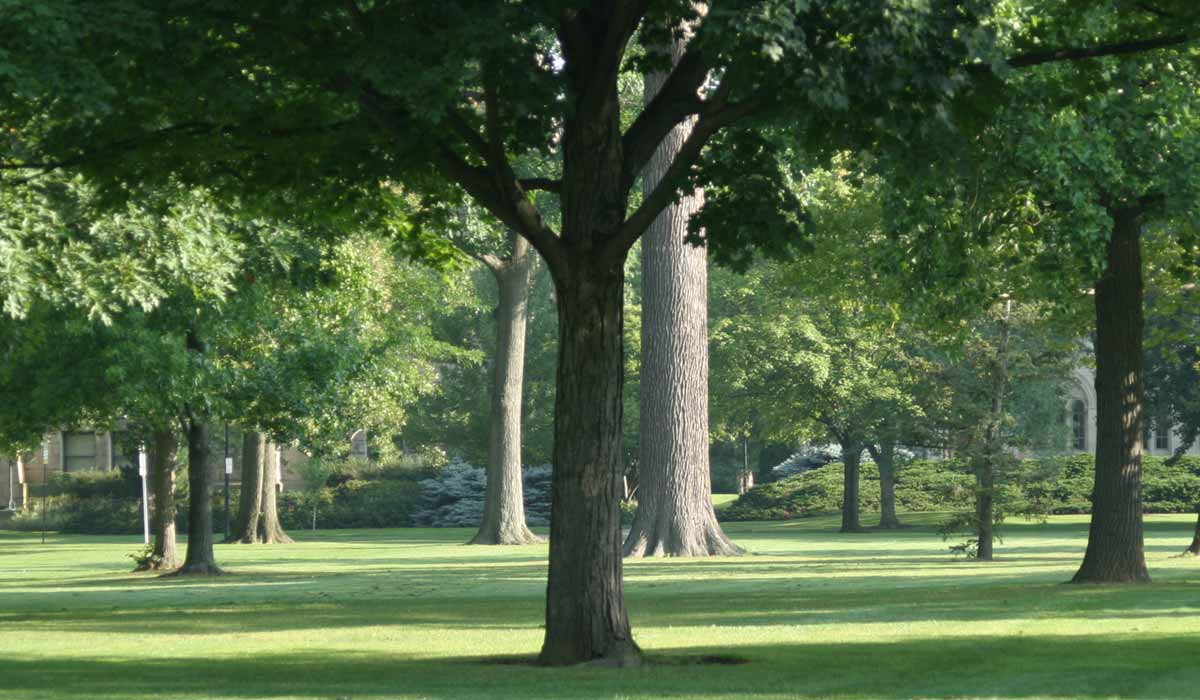When in Doubt...
- Hits: 4096
- 0 Comments
- Subscribe to updates
- Bookmark
We've warmed the Earth by more than 0.8°C, with that much more likely on the way. A 2°C increase by 2050 is likely with absolutely no assurance that we can stop it there. Even in the early stages of climate destabilization we're now witnessing weather extremes that were not supposed to occur until mid-century or later.
There's more. Since CO2 remains in the atmosphere for a long time, we have committed posterity to centuries of rising temperatures, rising sea levels flooding coastal cities, ecological chaos, and collateral effects including famine, violence, political and economic turmoil, and psychological trauma. This is emphatically not an argument for doing nothing. On the contrary, the stark reality ahead is the best reason we have to act with the kind of urgency and creativity that we once showed in World War II and in the creation of the Marshall Plan. The picture is clear: If we humans want to hang around for a while we will have to quickly "disinvent fire" or else we'll fry. The big numbers that govern climate and Earth systems don't give a damn about Capitalism, the Dow Jones, or the American Dream. They work with no remorse whatsoever.
The fact is that we've already bought a future of progressively worsening disaster, but hopefully not a civilization-ending catastrophe if we act in time. At best, however, this will be the closest of close calls. But do we tell the truth? If so, how do we say it? A great deal depends on how we answer.
Broadly, there are three possibilities. The first is that held by the diminishing crowd of climate deniers, folks that couldn't see the sun on a cloudless day at high noon. They are too busy paving the road to Hell with the ideology of the 19th century robber barons to look up.
A second possibility is that we must be resolutely upbeat and positive and talk only of opportunity, jobs in the green economy, and making lots of money by selling "climate solutions." After analyzing the science of messaging, human psychology and issue framing down to parts per billion some have concluded that people can only handle good news. Indeed, positive thinking is a very good thing until it morphs into wishful thinking and evasion of reality.
The argument is grounded on the assumption that we can't depress anyone even when the situation is depressing. In other words, people "can't handle the truth." Told the truth, people would be paralyzed by despair and fail to do the things that they might otherwise do to improve the situation.
But there is hardly a shred of evidence to support that claim. Told the truth about, say, life-threatening illnesses people can and often do rise to a higher level of awareness and behavior. Facing local disasters, people more often than not show a remarkable capacity to self-organize and cooperate as Rebecca Solnit describes in A Paradise Built in Hell. Told the truth, entire nations can rouse themselves to become "the greatest generation."
By contrast, imagine Winston Churchill saying to the British people in 1940 that the Nazi bombing of London presented a wonderful opportunity to build the city that Christopher Wren had proposed in the 17th century. Instead he offered only "blood, toil, tears, and sweat" and they responded heroically. Imagine Martin Luther King downsizing his "I Have a Dream" to merely to a jobs program instead of a moral challenge to the nation.
In our situation, imagine how an awakened public will one day regard the happy talkers who told them all would be well if they only switched to squiggly light bulbs and bought a Prius. Their contempt will know no bounds
The argument for "happy talk" harkens back to Plato's belief that only elites know what's best for everyone else. But exactly which secretive, self-appointed elites are up to the challenge of climate leadership? Is it the financial wizards who collapsed the global economy in 2008? Or maybe it's the neocon disciples of Leo Strauss who engineered the Iraqi war? Or maybe it's the anti-elite Tea Partiers who are busy dismantling our capacity to act as a public to solve public problems. Or even one that parses the facts of our situation to avoid alarming. The truth is that no self-selected "best and brightest" will save us. We will have to do it ourselves. That leads to the third possibility.
Mark Twain once said that when in doubt, tell the truth because it amazes your friends and confounds your enemies. Applied to rapid climate changes gathering momentum the best chance we have of coming through the traumas ahead intact is to tell the truth about our situation -- without exaggeration or embellishment -- and mobilize the energy, creativity and foresight of an engaged and informed citizenry. But they will need to know that climate destabilization at some unknown point puts everything at risk.










Leave your comment